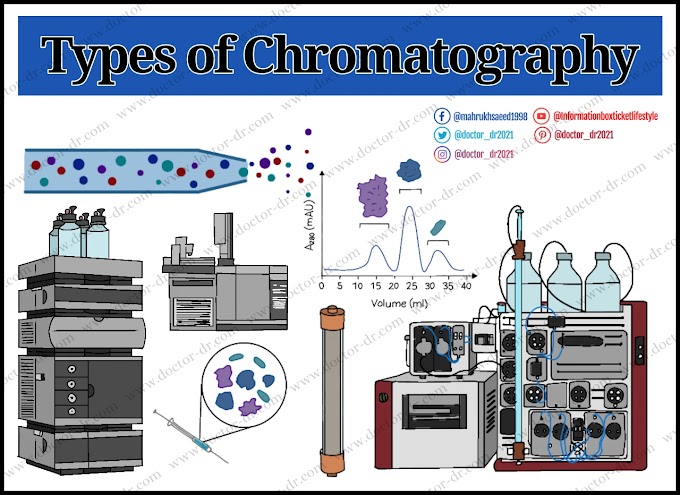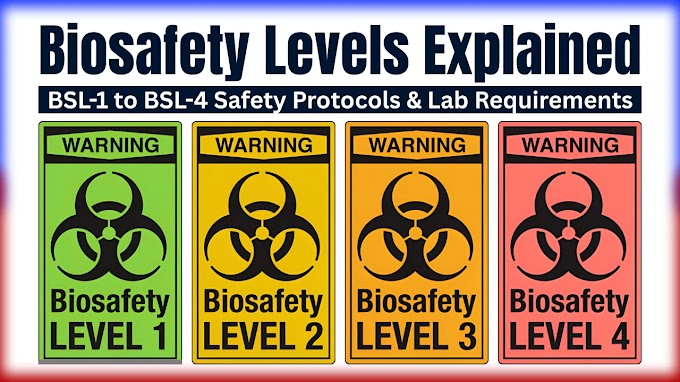Introduction:
In a recent small-scale clinical trial supported by the National Institute of Neurological Disorders and Stroke (NINDS), scientists have demonstrated that a modified version of CAR-T therapy, originally developed for advanced blood cancer treatment, shows promise in treating myasthenia gravis (MG), a rare autoimmune disorder affecting the nervous system. This groundbreaking study, sponsored by Cartesian Therapeutics, has opened new possibilities for treating MG, a condition that currently has limited treatment options.
Myasthenia Gravis and Existing Treatments:
Myasthenia gravis is a chronic autoimmune disorder characterized by muscle weakness, particularly following periods of activity, which can partially recover after rest. The disease occurs when the immune system mistakenly attacks a protein involved in nerve-muscle communication. Current treatments for MG primarily focus on symptom management, specifically muscle weakness.
The Study and its Findings:
The clinical trial involved 14 participants with generalized myasthenia gravis who received varying doses of Descartes-08, a modified CAR-T therapy targeting the cells responsible for producing the antibodies that cause MG. The study found that a once-weekly dosage for six weeks was the most effective. Encouragingly, three patients experienced complete or near-complete elimination of their MG symptoms, which persisted for at least six months after treatment. Additionally, two other patients no longer required chronic intravenous immunoglobulin treatment, which is currently used in severe MG cases.
The Potential of CAR-T Therapy for Myasthenia Gravis:
CAR-T therapy involves reprogramming a patient's T-cells, a key component of the immune system, to target and attack specific cells or proteins. While CAR-T therapy has been successful in treating certain blood cancers, its application in chronic conditions like myasthenia gravis has been limited due to potential serious side effects. In conventional CAR-T therapy, T-cells are reprogrammed using DNA, which can lead to amplified effects and adverse reactions.
In this study, a modified approach was employed to mitigate side effects. Descartes-08 used messenger RNA (mRNA) instead of DNA to reprogram T-cells. Unlike DNA, mRNA does not duplicate when cells divide, allowing for a short course of treatment given multiple times. This adaptation minimizes the risk of serious side effects associated with DNA-programmed CAR-T therapy.
Future Implications and Ongoing Trials:
The Descartes-08 therapy is now being evaluated in a larger clinical trial to assess its effectiveness in reducing myasthenia gravis symptoms. This trial includes a placebo group to ensure that any observed improvements are specifically attributable to the treatment. Successful outcomes from this ongoing trial could pave the way for an innovative and more durable treatment option for individuals with myasthenia gravis.
Conclusion:
The promising results of this small-scale clinical trial suggest that CAR-T therapy adapted for myasthenia gravis holds immense potential for reducing symptoms and improving the quality of life for affected individuals. By repurposing this advanced immunotherapy technique, scientists have showcased the versatility of immunotherapies in addressing challenging medical conditions with limited treatment options. Further research and larger-scale trials are underway to validate the efficacy and safety of this novel approach, bringing hope for improved outcomes and a brighter future for individuals living with myasthenia gravis.



~1.webp)



.webp)
